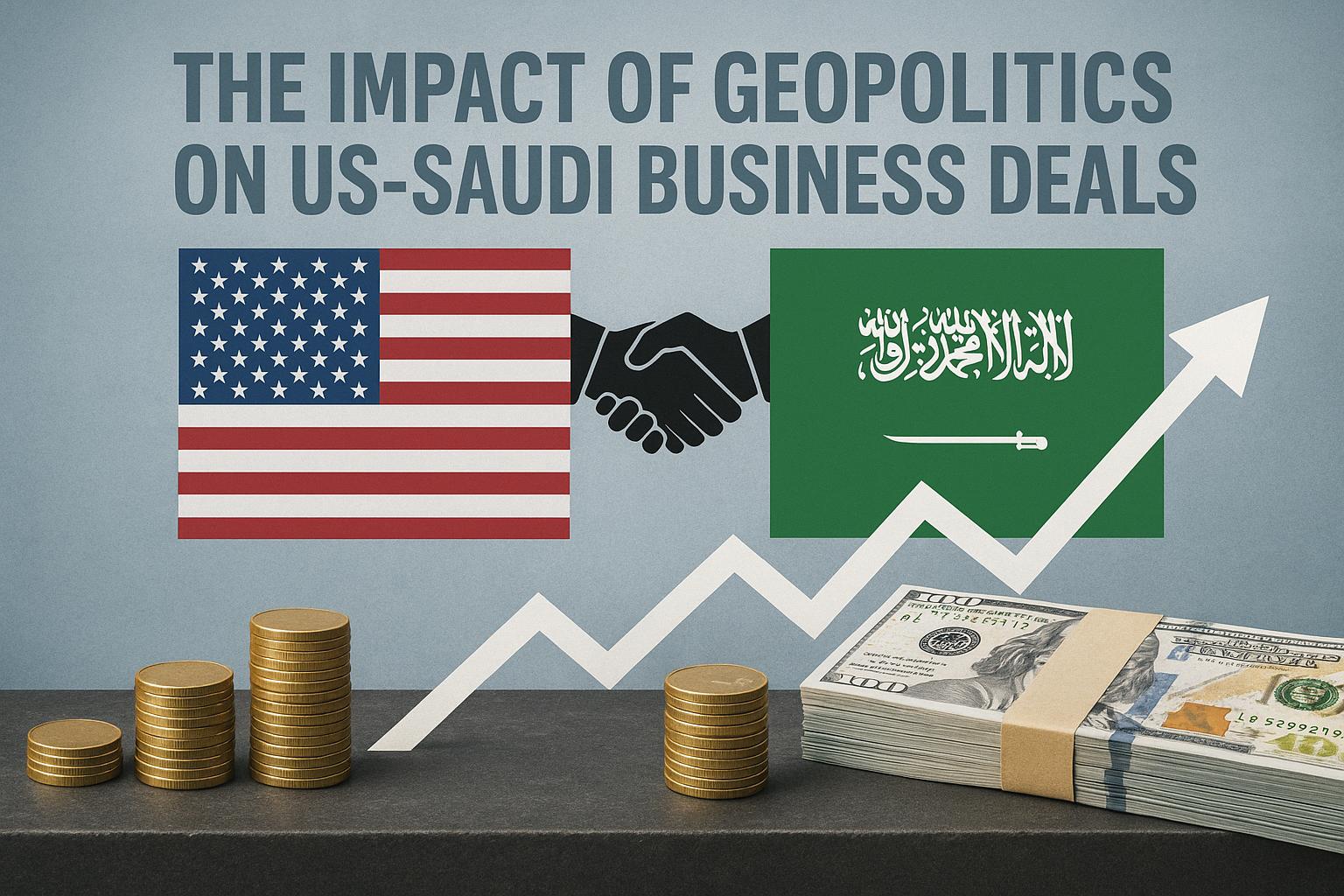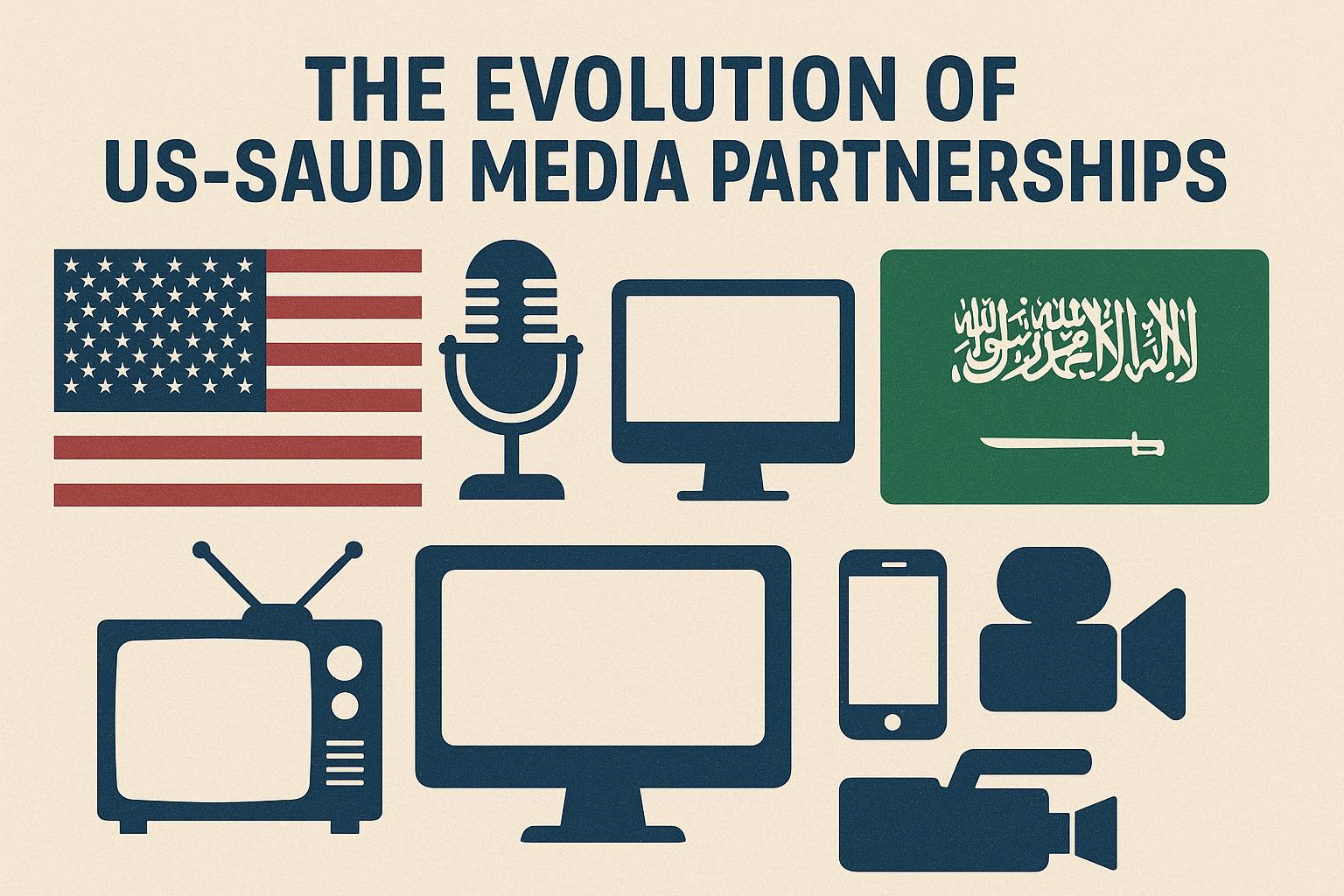Introduction
Saudi Arabia’s efforts towards privatization represent a significant shift within its economic framework, bringing about new opportunities for international businesses, especially those from the United States. This ambitious initiative is a key component of Saudi Vision 2030, a comprehensive strategy aimed at diversifying the nation’s economy and reducing its traditional dependency on oil. For businesses based in the United States, this opens up a plethora of opportunities to engage in a variety of sectors within the Kingdom of Saudi Arabia. This document explores these opportunities and the overall impact of Saudi Arabia’s privatization process on international trade and investment.
Understanding Saudi Vision 2030
Saudi Vision 2030, introduced in 2016, serves as a transformative blueprint for economic and social reform within the Kingdom of Saudi Arabia. Its goal is to rejuvenate the Saudi economy by transforming it into a global investment hub, thereby connecting various continents strategically. This ambitious vision is underpinned by comprehensive privatization policies intended to stimulate economic growth through diversified ventures. The frameworks of this initiative extend across a wide array of sectors, prominently including mining, healthcare, energy, and tourism. The vision constructs a pathway for foreign companies, particularly those from the United States, to integrate into multiple facets of the Saudi economy effectively.
Privatization in Key Sectors
Saudi Arabia’s privatization efforts span multiple sectors, thus creating a myriad of business opportunities for US companies, which have the expertise and resources to meet these new demands. Some of the prominent sectors earmarked for privatization are as follows:
Energy Sector
Within the energy sector, Saudi Arabia is gravitating towards diversifying its energy sources beyond conventional oil-based avenues. This shift presents a significant opportunity for US firms specializing in renewable energy technology and services. The Kingdom’s initiatives aim to substantially increase the inclusion of renewable energy sources in its national energy matrix. As a result, there is a tremendous potential for collaboration in the development of solar and wind energy projects. US companies can leverage their advanced technologies and experience to support Saudi Arabia’s sustainable energy goals, creating a mutually beneficial partnership.
Healthcare Sector
The healthcare sector is another critical area targeted by Saudi Vision 2030 for privatization. The Saudi government plans to significantly enhance healthcare services by partnering with private entities. This creates significant opportunities for American healthcare providers and manufacturers of medical equipment to bring their expertise and innovation into the Saudi market. By doing so, they not only stand to benefit from entry into a burgeoning market but also contribute to the overall betterment of health services in the Kingdom.
Tourism and Entertainment
As part of its diversification strategy, the Kingdom is making substantial investments in tourism and entertainment. This sector includes developing new infrastructure and entertainment facilities. US companies engaged in construction, hotel management, and the entertainment industry find fertile ground for their operations. The combination of American expertise with Saudi Arabia’s expansive investment in tourism projects sets the stage for extensive potential collaboration, bringing about advancements in the Kingdom’s tourism capacity and thereby attracting global visitors.
Benefits for US Companies
The engagement of US companies with Saudi Arabia’s privatization efforts heralds numerous benefits, influencing their business strategy and growth prospects.
Economic Diversification
Investment in Saudi Arabian markets provides US companies with avenues for diversification of their business portfolios, reducing over-reliance on domestic markets. This form of diversification is crucial for sustainable growth and efficient risk management, given the dynamic and interconnected nature of the global economy.
Access to a Growing Market
Being one of the Middle East’s largest economies, Saudi Arabia poses as a lucrative market for US businesses, especially those involved in consumer goods and services. The country’s growing population, combined with increasing urbanization, accentuates the demand for diverse products and services, giving US companies the opportunity to capture a significant share of an expanding market.
Strategic Geographical Location
Saudi Arabia holds a vital geographical position, acting as an essential gateway to both the Middle East and Africa. This strategic location offers US companies the added advantage of exploring and expanding their reach into emerging markets within these regions, enhancing overall business prospects and facilitating long-term growth across broader geographic areas.
Conclusion
In conclusion, Saudi Arabia’s targeted privatization efforts under the ambit of Vision 2030 carve out substantial opportunities for US companies to enhance their operational reach in the Middle East. By strategically entering the Saudi market, these companies not only gain access to emerging sectors and a burgeoning economy but also contribute significantly to the Kingdom’s ambitious economic diversification and growth initiatives. For organizations seeking to learn more about these initiatives, reviewing official resources like Saudi Vision 2030 can provide additional insights and detailed information on specific opportunities within the Saudi market.
This article was last updated on: August 10, 2025




